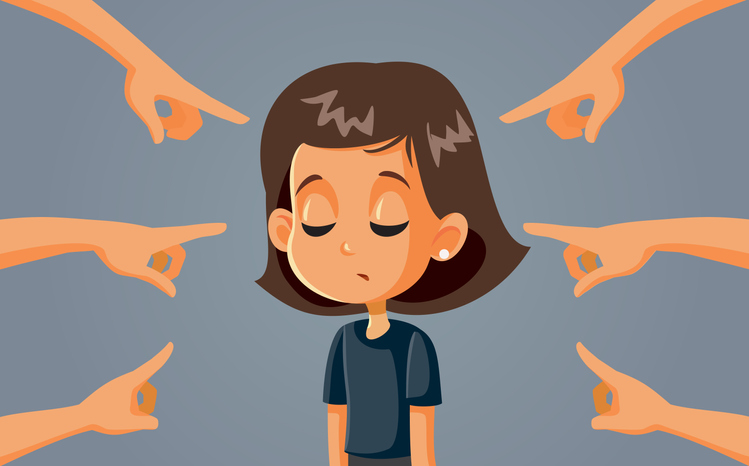People often feel uncertain as to whether something they experienced was actually traumatic. It’s hard for our minds to grasp the reality of difficult, out of the ordinary experiences. We also struggle sometimes to understand how seemingly “small” events can leave us reeling and devastated.
If you are reading this article, wondering if an incident or series of events you have experienced are traumatic, I’ll make this educated guess – yes. You are the most knowledgeable person about the subject of you, and you clearly suspect that these events were traumatic. I encourage you to trust your gut and believe yourself.
Traumatic events are situations that occur in life that are experienced as extremely threatening to a person’s life, safety, or well-being. These events may be directly experienced, witnessed, or described to a person (American Psychiatric Association, 2013). Even events that happen to a close friend or family member can be experienced as traumatic by us. Traumatic experiences can be huge, obviously traumatizing events such as war exposure or they can be everyday situations, such as being harshly criticized by a teacher, that are experienced as traumatizing by the person due to other variables, such as a cumulative effect of many devaluing incidents by adults in their life.
Psychological trauma is the mind and body’s response to enduring a traumatic event (or multiple traumatic events) and is generally caused by the person’s resources or senses being completely overwhelmed. There are emotional, physiological, neurochemical, and cognitive impacts of trauma. Most of us have experienced distressing events, and our responses to these events fall along a continuum. One end of the continuum is where we are able to immediately resolve the impact of the distressing event and the other extreme is when we find ourselves incapacitated or frozen psychologically and emotionally while the event remains unresolved, stuck in its raw form inside of us. Somewhere along this continuum, we may meet the criteria for Posttraumatic Stress Disorder (PTSD) which, although it is listed as a mental health disorder, is much more accurately described as a set of adaptive responses that occurs in a person after enduring a traumatic experience from which they have not yet healed. As a mental health practitioner who specializes in trauma healing, I maintain that the symptoms of PTSD are clearly “normal” reactions to “abnormal” events.
When you are in the middle of experiencing symptoms of PTSD, it feels like craziness, like something about you is flawed, but when you have all the information, it is clear that the reactions, symptoms, and feelings are warranted and make perfect sense.
Symptoms fall into four major categories:
-
- Intrusion Symptoms – recurrent, unexpected, distressing memories and dreams of event(s), feeling/reacting as if event is recurring in the present, and emotional distress and bodily reactions when exposed to reminders of event(s)
- Avoidance Symptoms – avoidance of thoughts, feelings, or memories of the event(s) and avoidance of people, places, or events that are reminders
- Negative Changes in Thoughts and Mood – inability to remember significant aspects of event(s), persistent negative thoughts or beliefs about oneself or others (e.g., “I’m broken,” “No one is trustworthy.”), sadness, depression, feeling detached from others, self blame, guilt, worry, and fears.
- Changes in Physiological Arousal – irritability, angry outbursts, self destructive behavior, hypervigilance (e.g., repeatedly checking doors and windows, always having an “escape route” prepared), exaggerated startle response, sleep and appetite disturbance, and trouble focusing and concentrating.
Many times, we feel as if these symptoms are not connected with anything or the event they are connected with should have been “too small” to create these reactions. That leaves us feeling “crazy,” “broken,” or “dramatic.” If you are experiencing even a few of these symptoms, it is worthwhile to discuss them with your therapist or physician. Identifying the causes, impacts, and ways to heal can lead to better quality of life and a sense of internal freedom.

